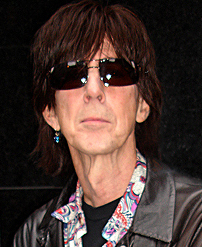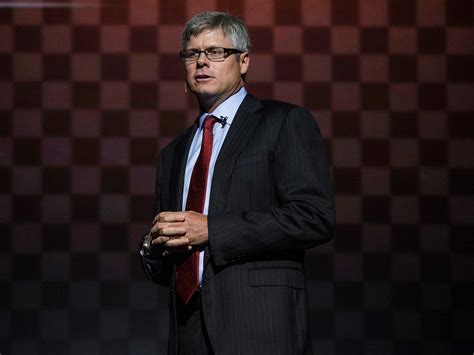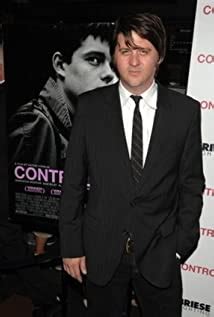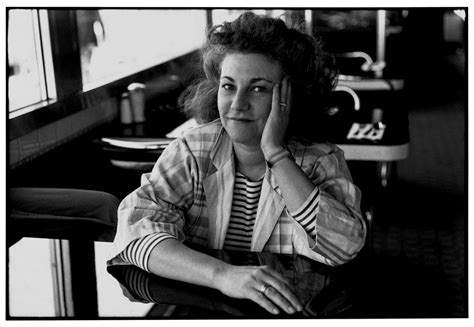A Quote by Todd Rundgren
My very first records, I was very interested in how you get the particular quality you want out of it, and I began to learn about the engineering and aspects of production and things very early on. I got hands-on with the process and taught myself how to engineer, as opposed to just being a producer who asked the engineer to make it sound nice.
Related Quotes
I think I understand what bands want, just from having made records myself. I understand what it takes to get a good vocal sound, or to make people comfortable in the studio. From minor things like their headphone mix - and if a singer's singing, how they should hear themselves - to how to make people feel that they're getting exactly what they want. All those things, I think, are an advantage, especially the part about having done it myself. I'm not just an engineer who records the sounds well. I'm not afraid to take chances.
I generally go into a movie with a very strong vision, with how I want to make the film, how I want to shoot the film, how I want to edit the movie, what I want the sound to sound like. So I have a very concrete idea even if I don't storyboard it, I know exactly what I want to do once I get into the sequence. Now having said that, I try not to let that slave me to the process. So if I do storyboard a sequence I don't necessarily stick to it if I discover more exciting things on set.
There was always this sort of weird process in the development and pre-production, thinking, 'How do we get the studio tracks that Joy Division recorded that are so clean and pristine but sound rough and live and how do we get the live versions to actually sound clear enough so you can make out what they're saying?' That was sort of the frustration with Anton Corbijn and myself, figuring out how we make that work.
Just coming to terms with the fact that I got to play April Wheeler [Revolutionary Road] and Hanna Schmitz [The Reader] in one year, let alone in my lifetime. I'm very, very aware of how rare that is as an opportunity for any one person. I can't tell you how much I've been able to take away from these experiences creatively. I really, really learned so much about acting, about myself... all of those things. It's difficult to talk about the actor's process without sounding like an arrogant asshole but they really were very challenging.
God is the creativity, so if you really want to enter into the world of God you will have to learn the ways of creativity - and that has disappeared. Instead of creativity we value productivity: we talk about how to produce more. Production can give you things but cannot give you values. Production can make you rich outwardly but it will impoverish you inwardly. Production is not creation. Production is very mediocre; any stupid person can do it, one simply needs to learn the knack of it.
I learned early that crying out in protest could accomplish things. My older brothers and sister had started to school when, sometimes, they would come in and ask for a buttered biscuit or something and my mother, impatiently, would tell them no. But I would cry out and make a fuss until I got what I wanted. I remember well how my mother asked me why I couldn't be a nice boy like Wilfred; but I would think to myself that Wilfred, for being so nice and quiet, often stayed hungry. So early in life, I had learned that if you want something, you had better make some noise.
I do feel that there are things you can learn from an artist, but I think you need to be very close to that person, and to know that person fairly well, in order to acquire anything from them. I do have a teacher myself, and I have learned quite a lot from my teacher, but it's not how to make a film. It's more how to approach my life as a director, how to approach and how to lie to a producer.




































